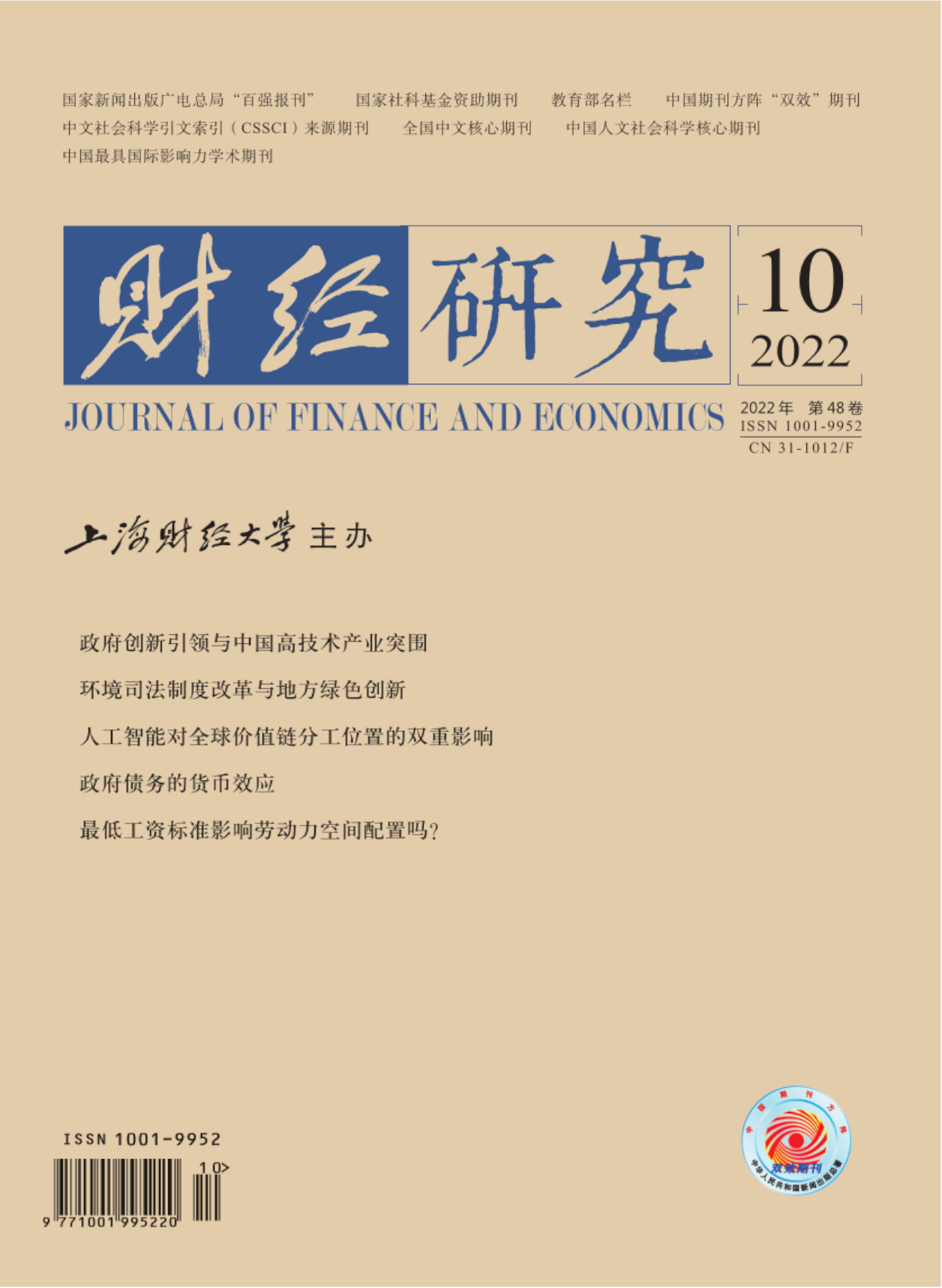The Chinese government attaches great importance to the coordination of fiscal policy and monetary policy. The academia has actively explored this topic, but existing researches ignore the monetary effect of public finance, which makes the research conclusions and the actual financial practice cannot be effectively matched. In the research on the relationship between finance and money, Li et al.(2020)firstly formally elaborates the monetary regulation theory with “dual-subject of fiscal department and central bank” based on the framework of Neo-public Finance. They find the monetary effect of the government’s fiscal activities: Under the treasury centralized collection and payment system, the fiscal department can affect the scale of currency circulation through fiscal revenue and expenditure activities and treasury cash management activities. Despite this, different financial activities may have different impacts and action channels. Therefore, based on the monetary regulation theory with “dual-subject”, this paper studies the monetary effect, impact mechanism and impact effect of government debt in China.
There are five findings in this paper: First, in the whole process of corporate bonds, funds are always circulated within the currency circulation system and do not have the monetary effect. Second, the issuance of local government bonds will make money flow from the currency circulation system to the treasury single account system, which will reduce the public deposits of commercial banks and reduce the scale of social credit. The capital flow direction and impact effect of government bond cashing and interest payment are on the contrary. Third, with the improvement of China’s treasury centralized collection and payment system, the impact of the issuance and payment scale of local government bonds on the credit scale of commercial banks has become more significant and intense. Fourth, based on the information flow theory, the change in the scale of local government bonds in Guizhou Province and other six provinces is the reason for the change in the credit scale of commercial banks. Fifth, the proportion of credit scale in the money market which is affected by the whole process of local government bonds is up to 25.31% between 2015 and 2020.
This paper puts forward the following suggestions: First, the government should deepen the coordination mechanism between fiscal policy and monetary policy. Second, the government should broaden the channels and ways of using local government bonds. Third, the government should attach importance to the monetary regulation theory with “dual-subject of fiscal department and central bank”.





 4073
4073  3626
3626

